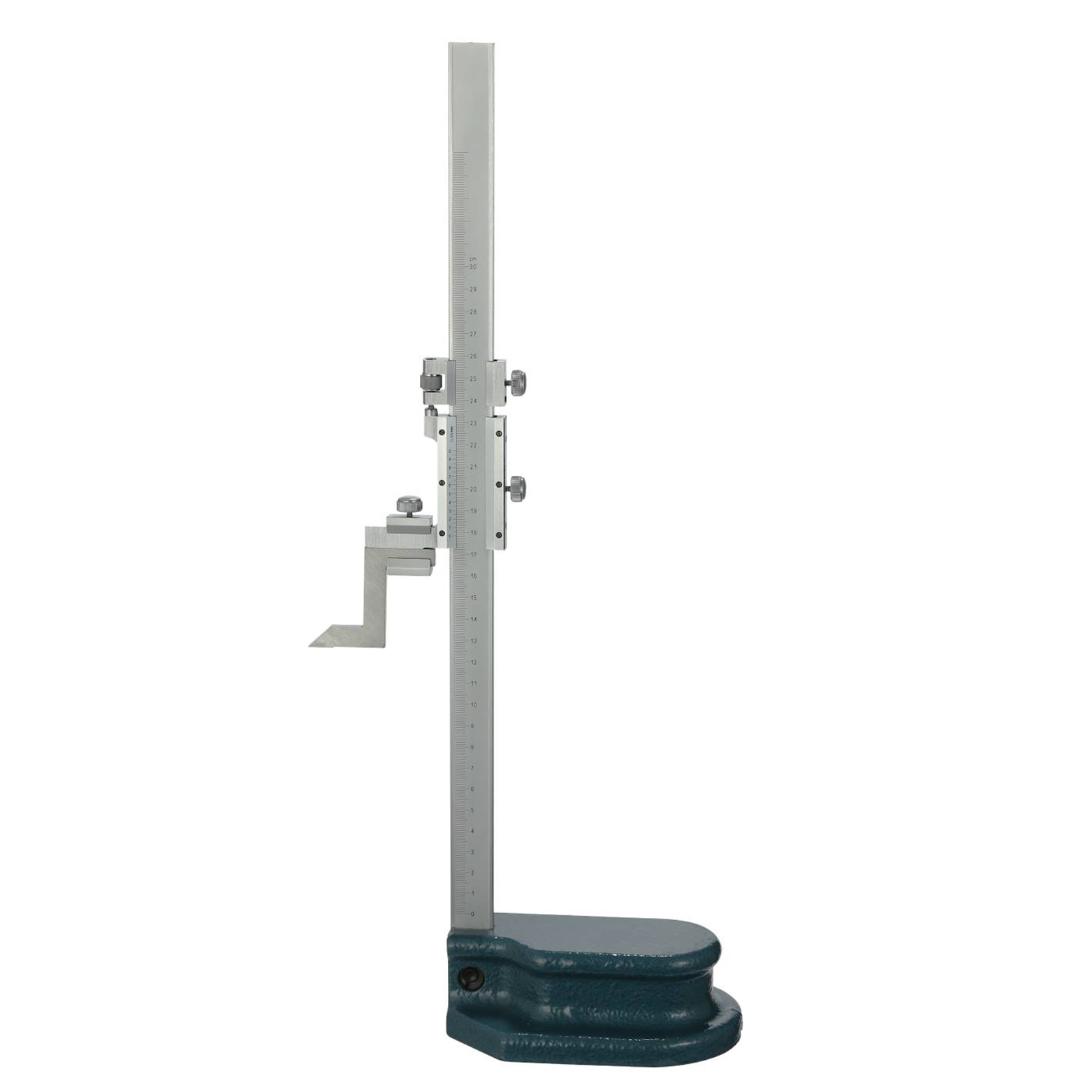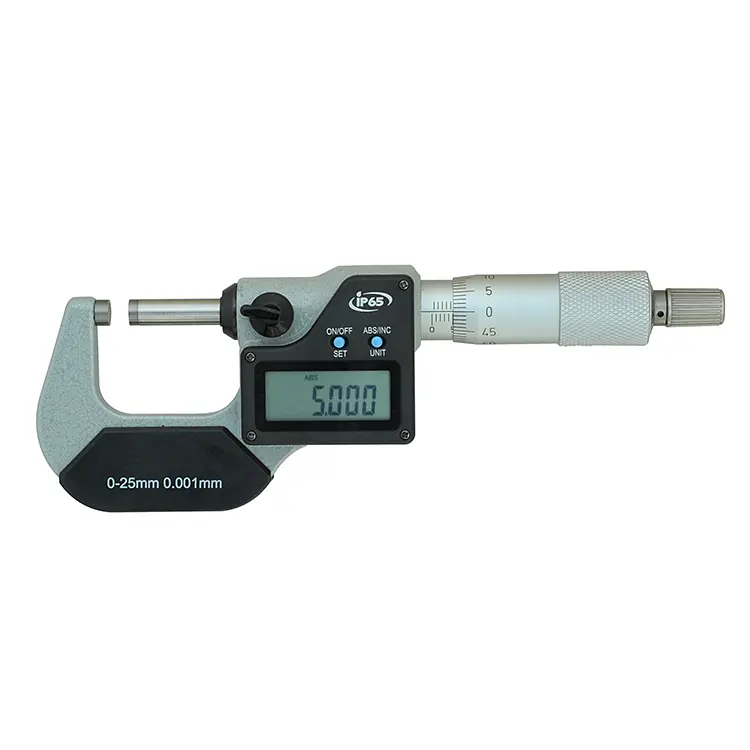countersink set Suppliers
Finding reliable countersink set Suppliers can be challenging. This guide explores key considerations when choosing a supplier, the different types of countersink sets available, and factors affecting their cost. Understand the specifications, materials, and features that matter most for your applications, ensuring you select the right countersink set Suppliers to meet your specific needs.
Understanding Countersink Sets
A countersink set is a collection of tools used to create conical recesses in drilled holes. These recesses allow the heads of screws, bolts, and rivets to sit flush with or below the surface of the material. Countersink sets are essential for woodworking, metalworking, and various other fabrication and assembly tasks.
Types of Countersinks
Various types of countersinks cater to different materials and applications:
- HSS (High-Speed Steel) Countersinks: Suitable for wood, plastic, and soft metals.
- Carbide Countersinks: Ideal for harder metals like stainless steel and hardened alloys.
- Titanium-Coated Countersinks: Offer increased wear resistance and longer tool life.
- Chatterless Countersinks: Designed to reduce vibration and produce smoother finishes.
- Deburring Countersinks: Primarily used to remove burrs and sharp edges from holes.
Key Considerations When Choosing Countersink Set Suppliers
Selecting the right countersink set Suppliers is crucial for ensuring the quality and performance of your tools. Here are some key factors to consider:
Supplier Reputation and Experience
Choose suppliers with a proven track record of providing high-quality tools and reliable service. Look for established companies with positive customer reviews and industry recognition. A supplier with extensive experience, like Wayleading Tools, often signifies expertise and a commitment to customer satisfaction.
Product Quality and Materials
The quality of the countersink set depends heavily on the materials used in its construction. Opt for sets made from durable materials such as high-speed steel (HSS) or carbide. Ensure that the cutting edges are sharp and precisely ground for optimal performance. Check for coatings like titanium that enhance wear resistance and extend tool life.
Range of Products Offered
A good supplier should offer a wide range of countersink sets to cater to different needs. This includes sets with varying angles (e.g., 60°, 82°, 90°), sizes, and flute configurations. Having access to a diverse selection allows you to choose the perfect set for each specific application.
Pricing and Value
While price is an important consideration, it should not be the sole determining factor. Focus on value – the combination of price, quality, and service. Compare prices from different suppliers, but prioritize those who offer high-quality tools at competitive prices. Also, consider factors such as warranty and return policies.
Technical Support and Customer Service
Reliable technical support and responsive customer service are essential. Choose suppliers who can provide assistance with product selection, troubleshooting, and technical inquiries. A supplier that offers prompt and helpful customer service can save you time and frustration.
Factors Affecting the Cost of Countersink Sets
The cost of a countersink set can vary depending on several factors:
- Material: Carbide countersinks are generally more expensive than HSS countersinks due to their superior hardness and wear resistance.
- Size and Number of Pieces: Larger sets with more pieces typically cost more.
- Coating: Coated countersinks (e.g., titanium-coated) are more expensive than uncoated ones.
- Brand: Well-known brands often command a premium price due to their reputation for quality.
- Features: Specialized features such as chatterless designs can increase the cost.
Specifications to Consider
Angle
Common angles include 60 degrees, 82 degrees, 90 degrees, and 120 degrees. The choice of angle depends on the head angle of the screw or fastener being used.
Material
As previously mentioned, High-Speed Steel (HSS) and Carbide are the most common choices. Choose based on the hardness of the material you are working with.
Flute Design
The number and design of the flutes affect the cutting performance and chip evacuation. Common flute designs include single-flute, multi-flute, and spiral-flute.
Size Range
Determine the range of hole sizes you need to countersink and select a set that covers those sizes.
Example Countersink Set Comparison
| Feature | HSS Countersink Set | Carbide Countersink Set |
|---|---|---|
| Material | High-Speed Steel | Tungsten Carbide |
| Suitable Materials | Wood, Plastic, Soft Metals | Hard Metals, Stainless Steel |
| Durability | Moderate | High |
| Cost | Lower | Higher |
| Typical Applications | General purpose, DIY projects | Professional metalworking, machining |
Conclusion
Choosing the right countersink set Suppliers involves careful consideration of factors such as supplier reputation, product quality, range of products, pricing, and customer service. By understanding these factors and evaluating your specific needs, you can select a supplier that provides high-quality tools and reliable service.
Related products
Related products
Best selling products
Best selling products-
 5C Hex Collet With Inch and Metric Size
5C Hex Collet With Inch and Metric Size -
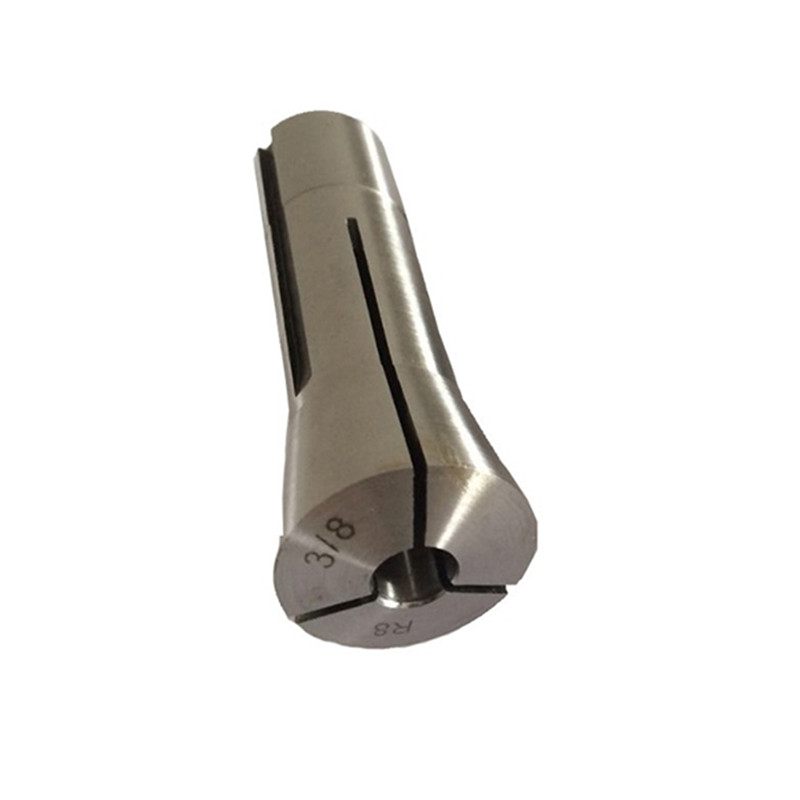 R8 Round Collet With Inch and Metric Size
R8 Round Collet With Inch and Metric Size -
 Precision Dial Test Indicator Holder For Industrial
Precision Dial Test Indicator Holder For Industrial -
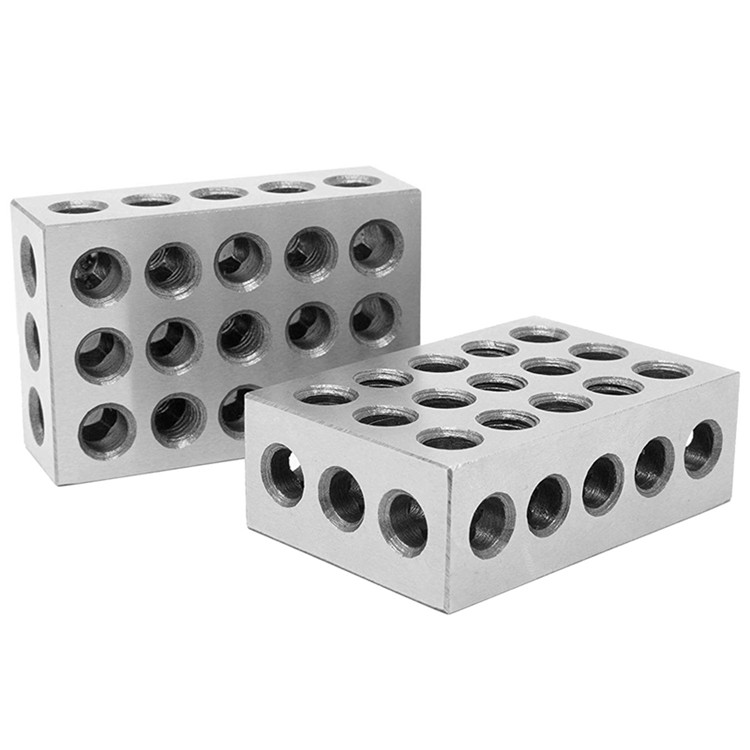 Precision 1-2-3, 2-3-4 or 2-4-6 Block With 1 And 11 And 23 Or None Hole
Precision 1-2-3, 2-3-4 or 2-4-6 Block With 1 And 11 And 23 Or None Hole -
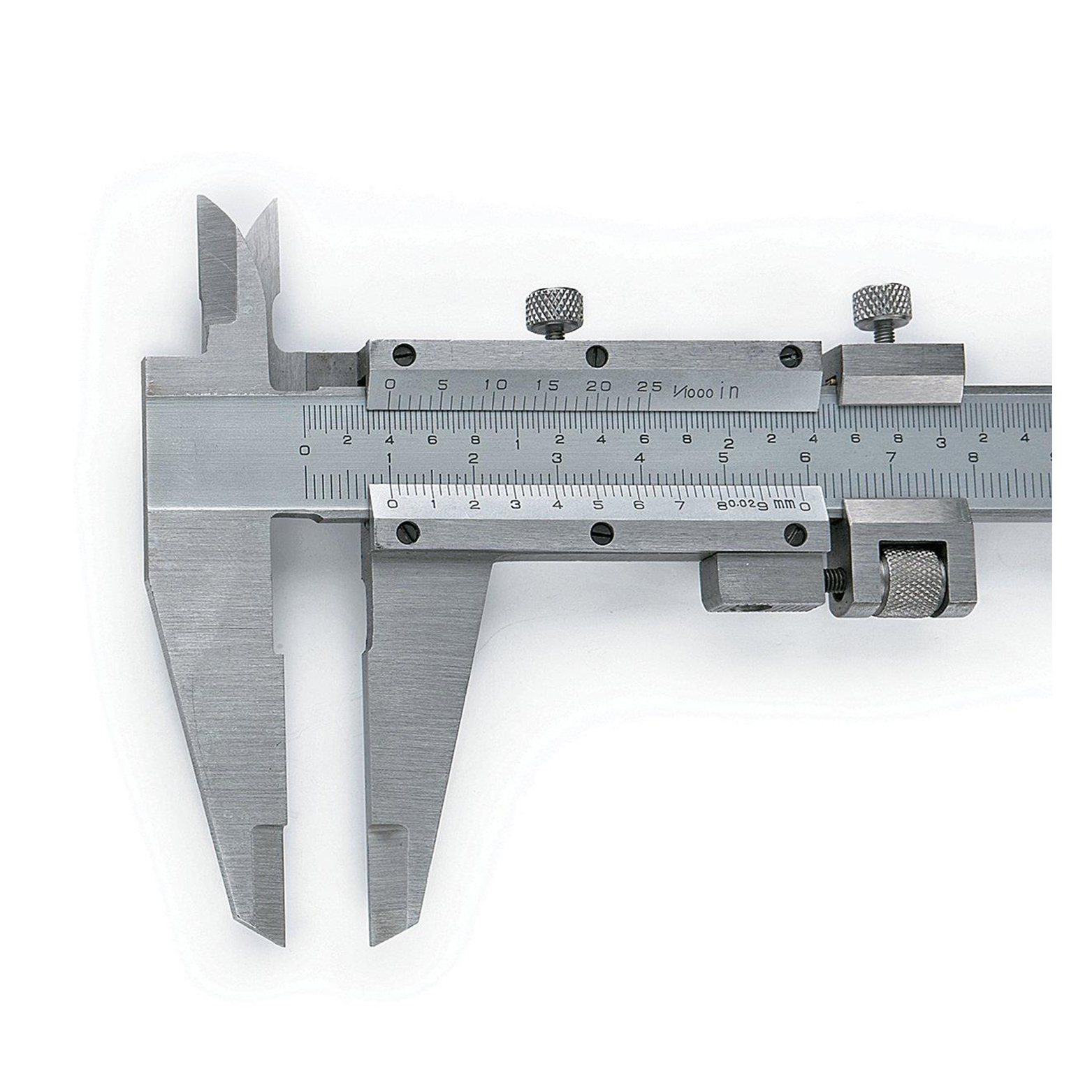 Precision Fine-Adjustment Vernier Caliper Of Metric & Imperial For Industrial
Precision Fine-Adjustment Vernier Caliper Of Metric & Imperial For Industrial -
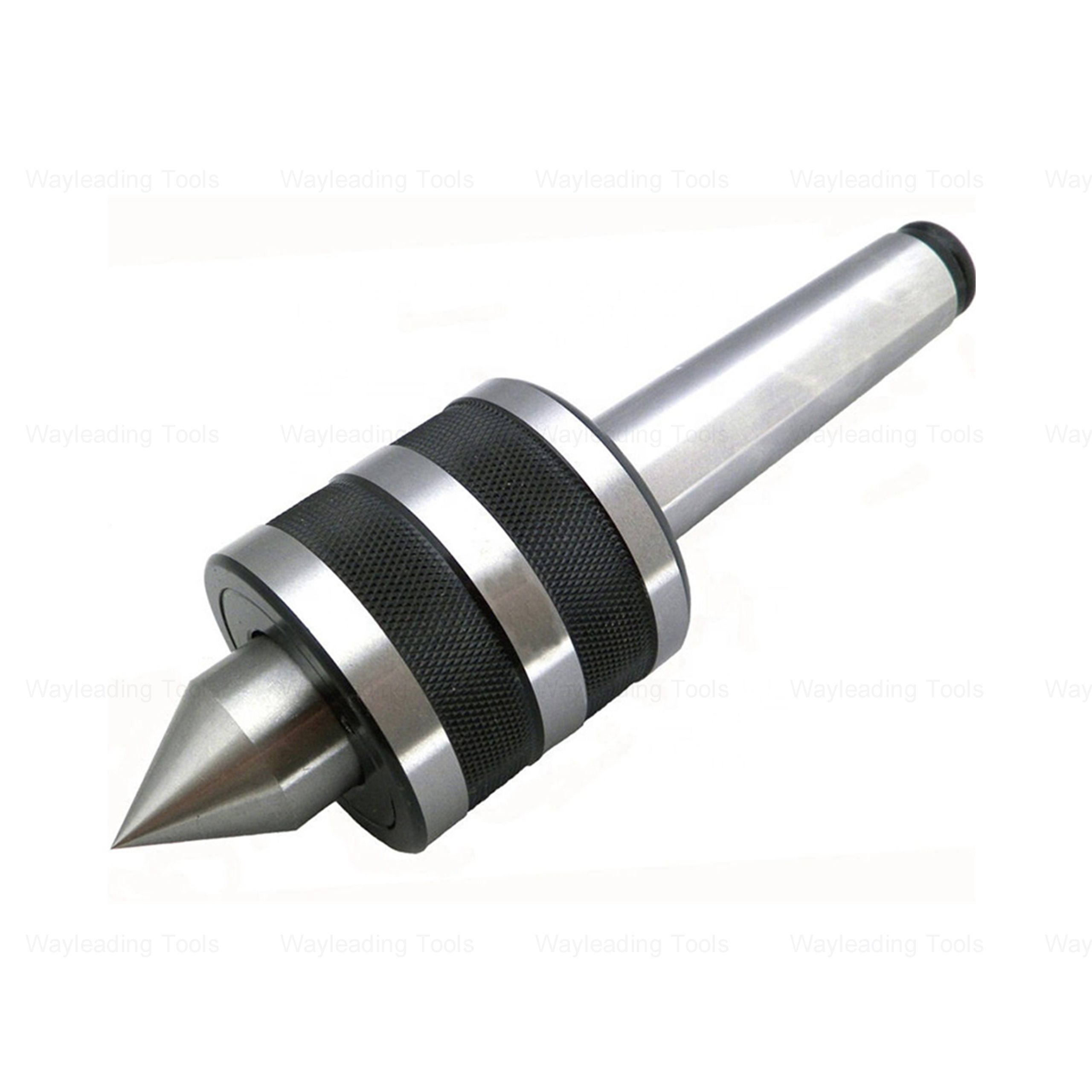 High Precision Medium-Duty Live Center – Hardened Tip, Morse Taper Shank
High Precision Medium-Duty Live Center – Hardened Tip, Morse Taper Shank -
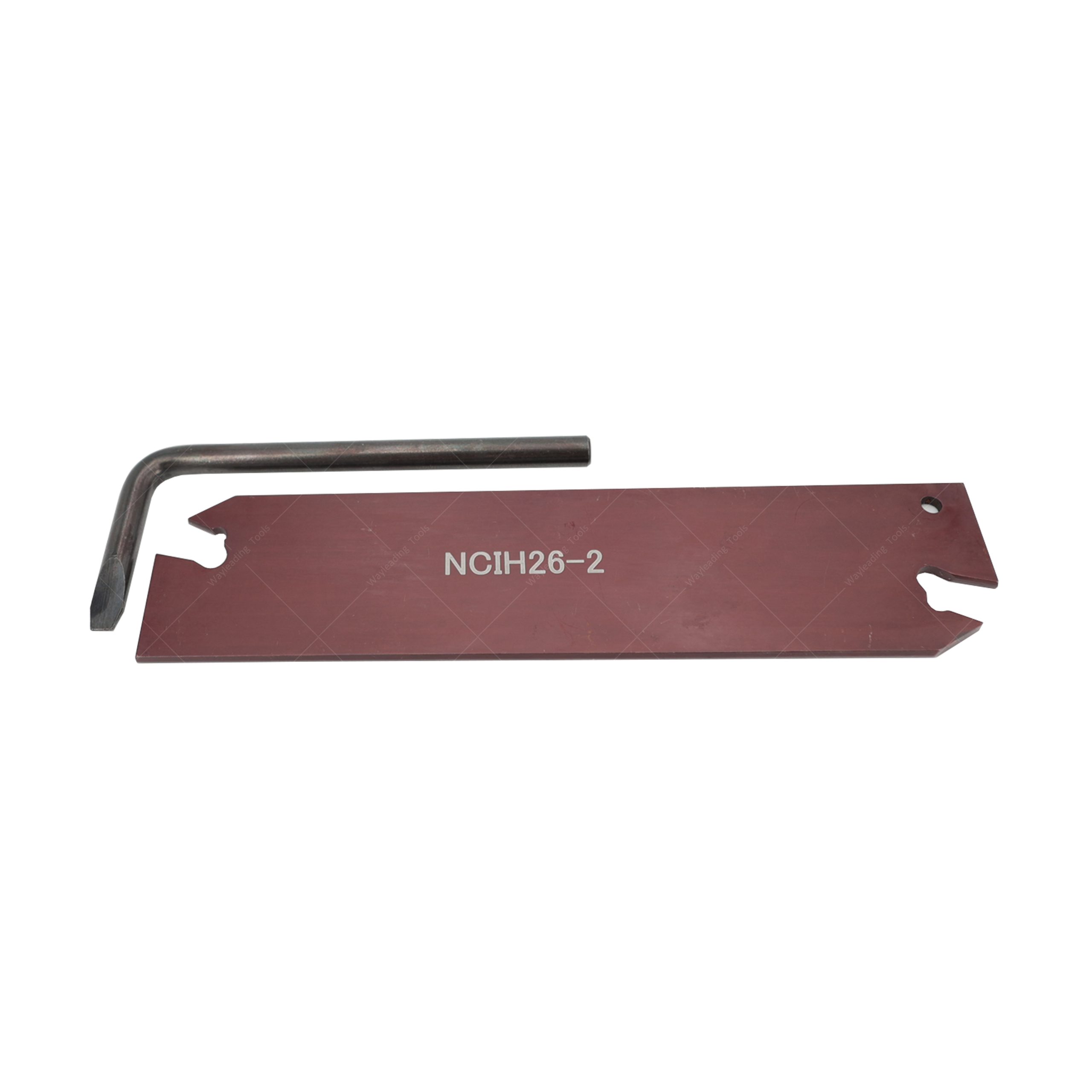 Parting & Grooving Tool Blades For GTN Blades
Parting & Grooving Tool Blades For GTN Blades -
 Precision 17pcs Angle Blocks Set With High Quality Type
Precision 17pcs Angle Blocks Set With High Quality Type -
 Inch HSS Step Drills with Straight Flute
Inch HSS Step Drills with Straight Flute -
 Partial profile 55° Threading Insert With ER & IR Type
Partial profile 55° Threading Insert With ER & IR Type -
 Type C Cylinder Ball Nose Tungsten Carbide Rotary Burr
Type C Cylinder Ball Nose Tungsten Carbide Rotary Burr -
 SCFC Indexable Boring Bar – Right- and Left-Hand Types
SCFC Indexable Boring Bar – Right- and Left-Hand Types
Related search
Related search- threading tool holder set Suppliers
- High-Quality Outside Micrometer
- apu drill chuck Manufacturer
- speedy drill with quick release carbide cutting head Manufacturers
- 5c collet fixture Supplier
- 5pcs toolholder set Factory
- taper pin reamer Factories
- Wholesale depth caliper
- Wholesale SSBC turning tool holder
- Convex Milling Cutter Supplier




